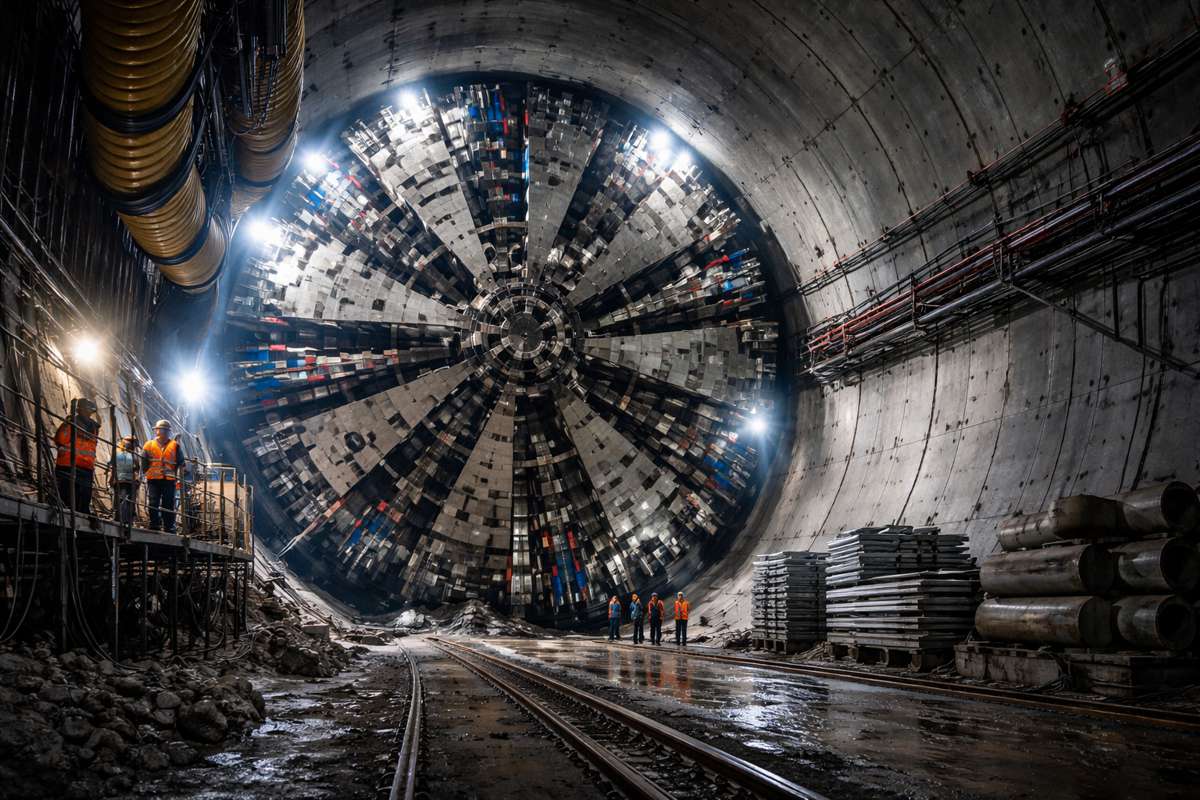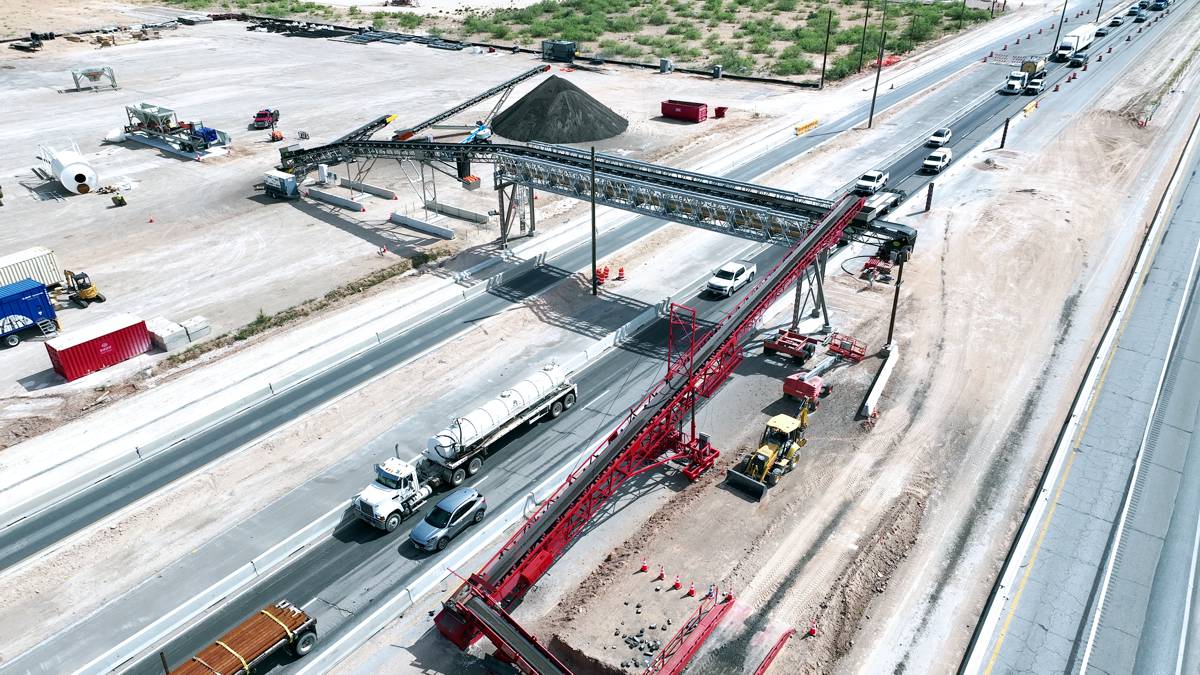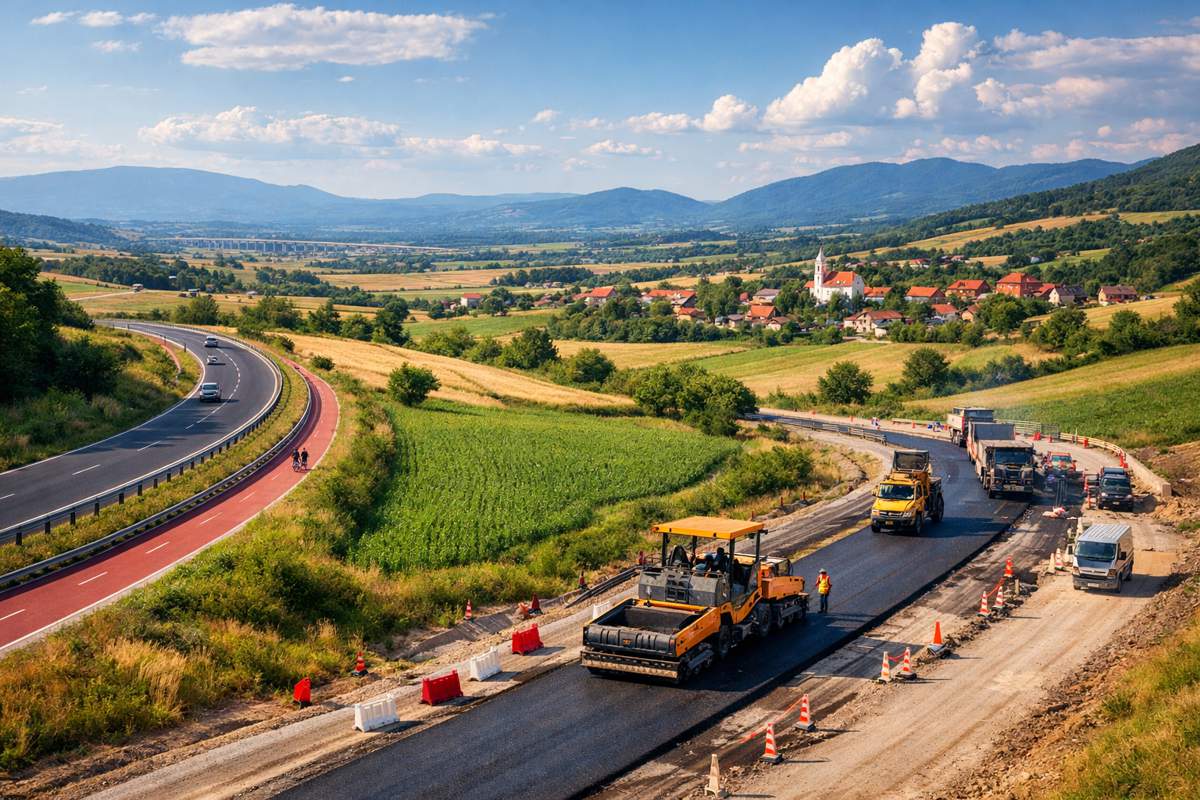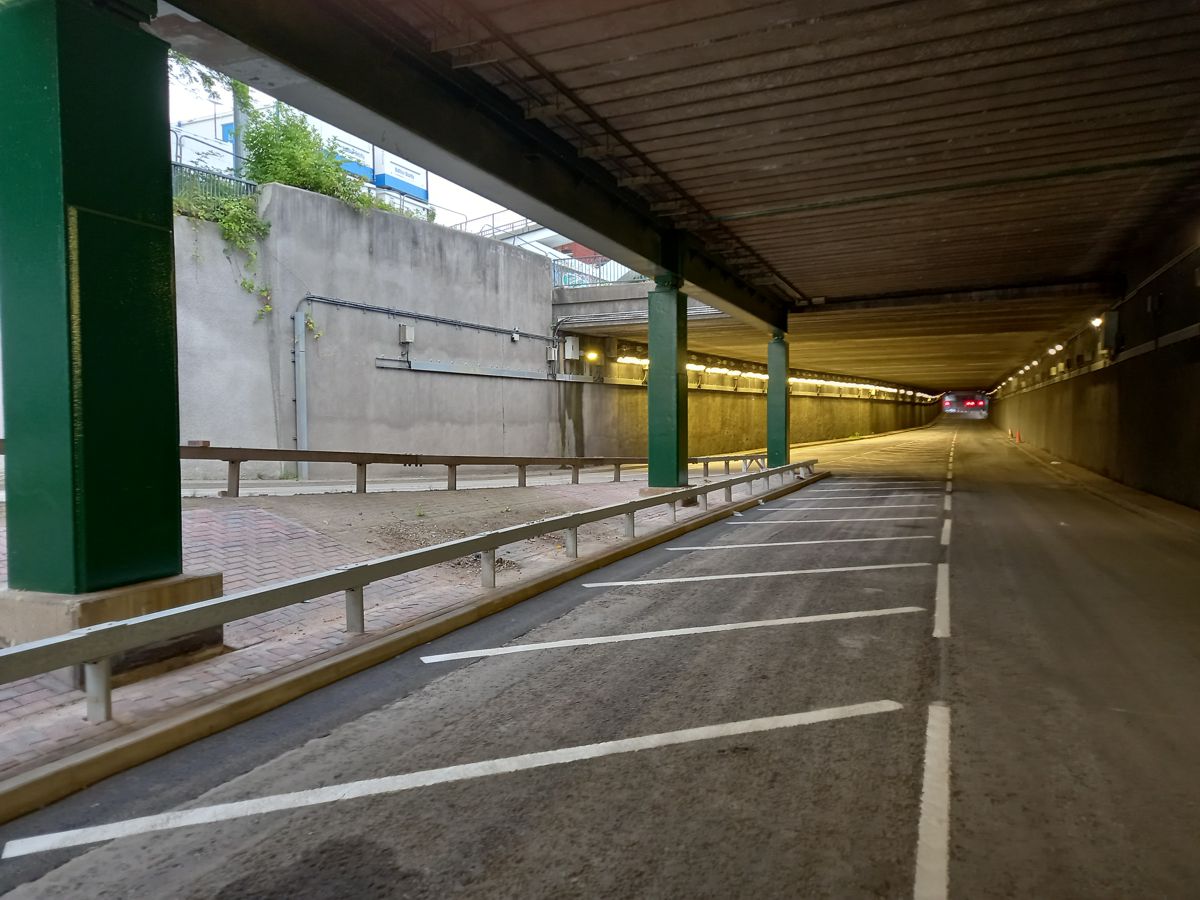Will heavier trucks require a stronger road network?
New government proposals to allow longer and heavier lorries of up to 48 tonnes call for stronger and more resilient motorways and dual carriageways warns Britpave, the infrastructure organisation.
The Department for Transport (DfT) is to undertake a consultation on increasing the current load weight of lorries from 44 to 48 tonnes and trailer lengths from 13.6 to 15.6 metres. The proposals are aimed at reducing the number of journeys needed to transport goods, and therefore, the resultant CO² emissions. The consultation is open until 4th January 2021.
Whilst welcoming any proposal to reduce transport CO² emissions, Britpave warns that the additional proposed load weight will underline the need for a long-term construction solution for the strategic road network. Joe Quirke, Britpave chairman, said: “What is needed is a construction solution that can successfully meet the demands being placed upon it. The way forward is to design specific truck lanes where the road is specifically constructed to meet the demands of heavy traffic loads.”
Quirke pointed out that where the main structural component is concrete and where adequate maintenance has been carried out, pavements have been proven to last beyond their design life and can cope with ever-increasing traffic loads.
There are a number of long-term, minimum maintenance concrete road options including continuously reinforced concrete pavement with exposed aggregate and Next Generation Concrete Surface that offers the long-term performance of concrete with significant traffic noise reduction.
In addition, Quirke explained that low carbon concretes, 100% recyclability and evidence that concrete rolling resistance can reduce fuel consumption offers further CO² reduction benefits of concrete roads. These and the superior whole life performance of concrete roads should be more widely recognised and considered by the DfT.
Joe said: “In other countries, the whole life cost of a pavement is considered as paramount and if this is taken into account, together with its CO² reduction benefits then concrete should definitely be the road ahead for a stronger and greener infrastructure solution.”





























